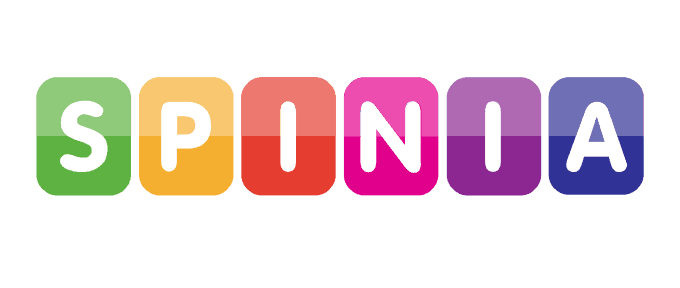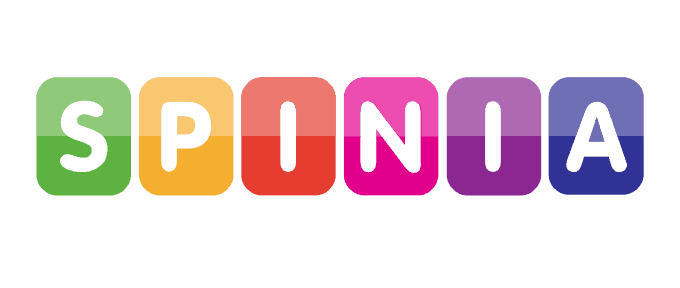Understanding 2019 reform to the Australian gambling regulation

Australia has one of the largest gambling populations in the world. Even just considering in terms of the money spent gambling in the previous years, it is easy to see why Australia is considered to have the highest rate of gambling compared to any other country in the rest of the world. A case study in 2018 showed that Australians ended up betting around $200 billion in 2016 and 2017. IT seems that the country has a strong relationship with betting and gambling in general, and it also seems that some people see this as a bit of an issue. Which is why it is not surprising that the Australian authorities are bringing certain regulatory changes into the system, both as a way to stem the gambling issue that seems to be plaguing the country and to create a safer environment for people passionate about iGaming and wagering.
What is going to be changing?
The Australian gambling regulation, as a result of the particular way that Australians enjoy their gambling, has become multi-layered. It concerns almost all facets of the gambling industry, including advertising, online interactive gaming and so on. The regulation has been facing a lot of reform as of late, resulting from statistics displaying that Australia’s relationship with gambling is only getting stronger. Certain reforms were introduced in 2017 and have remained the same since unchanging in what they do within the industry. Others have been introduced more recently and concern more the advertising side of the industry, rather than the act of gambling itself. We are going to look at all of these facets and try to understand how we can work with them.
Reform in 2017 – outdated, but relevant
In 2017, after seeing how big the gambling industry was within Australia, ACMA decided to introduce new rules which would give it more power within the industry to act as it wished. This reform included giving ACMA the power to process complaints beginning to end, as well as to impose fines upon companies, start investigations in coordination with the Australian Federal Police and take civil action to court against companies violating the rules imposed upon them. The rules were numerous, prohibiting online casinos from operating in the shape they used to and requiring companies to start operating a little differently. The survivors of these reforms were not many and only interactive gaming venues that comply with certain rules, such as PlayAmo online casino are still able to offer their services in Australia.
ACMA also reserved the power to get in touch with foreign licensing companies in order to work with them, if a company ends up violating some kind of rules. Combine this with the danger of prosecuting law-breaking companies, barring their directors from entering the country and so on, and you have a pretty comprehensive framework to how the ACMA is planning on keeping gambling legal within the country.
Although, it seems that ACMA does not believe the entirety of the regulatory reform it has brought in to be sufficient in helping them achieve their goals. The new rules seem to be outdated, as some belief, and unable to fully encompass the industry with protection. New reforms are anticipated sometime in the years 2019 and 2020. But beyond, ACMA has also done their best to introduce Advertising rules in 2018.
Change in advertising rules
Gambling advertising in the past has been highly specific to broadcasting services. Television, radio and other possible broadcasting services were all restricted in what kind of gambling and interactive gaming advertising they could do. No ads during children’s programming, restricted or prohibited ads during live sports broadcasting and banned iGaming website advertising were all appropriate and well thought out restrictions. They were created in order to prevent vulnerable users from being advertised to during times when they should be free from such influence.
But now, the rules are moving a little further. In 2018, ACMA introduced a new rule that would prevent companies from broadcasting gambling, wagering or otherwise advertising when sports were being live streamed. This is simply an extension of the advertising rules into the internet space, imposing the same restrictions of betting, wagering and gambling advertising on online live broadcasting that has already existed in other broadcasting. This is considered to be another step in further protecting vulnerable groups from being influenced and convinced into gambling during times when they are most vulnerable and excitable.
This is another reform that comes as a result of the Australian government having a rather sharp reaction to the increasing number of gamblers across Australia. While advertising regulation might be a good way to prevent people from “remembering” to gamble or protecting vulnerable groups from starting to gamble, it is not enough. A better way of going about it would be introducing better customer protection networks and regulation that would allow casinos to cooperate with ACMA in order to protect users from losing track of time or from getting addicted to gambling.
It is hard to anticipate what the changes coming to the iGaming industry regulation are. While it might be hard to make predictions, it is good to anticipate changes and be ready to adapt, both for users and service providers and venues alike.

































Comments (0 comment(s))